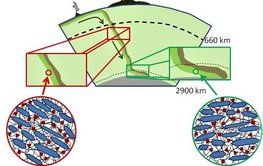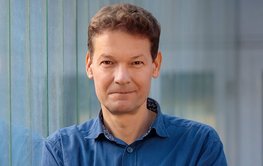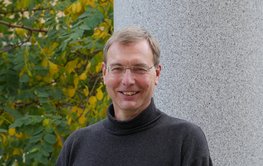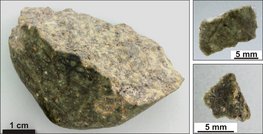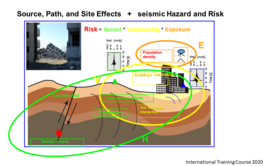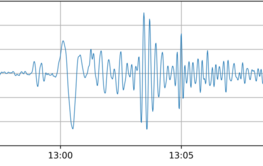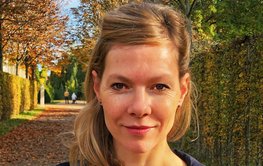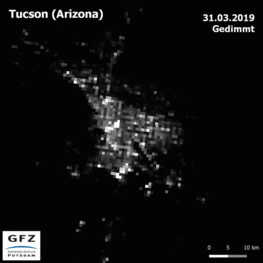Scientists have succeeded in simulating the extreme conditions of the Earth's mantle at a depth of about 1000 km in the laboratory for the first time.
Available as PDF: 2009 (PDF) | 2008 (PDF) | 2007 (PDF) | 2006 (PDF) | 2005 (PDF) | 2004 (PDF) | 2003 (PDF) | 2002 (PDF) | 2001 (PDF) | 2000 (PDF) | 1999 (PDF) | 1998 (PDF) | 1997 (PDF) | 1996 (PDF) | 1995 (PDF) | 1994 (PDF)
Seismic experiment in Ivrea-Verbano zone successfully completed. The experiment served to prepare a 4 km deep drilling of the International Continental Scientific Drilling Program.
Niels Hovius is acting Scientific Director of the GFZ. This was decided by the GFZ’s Board of Trustees in its regular autumn meeting today, Friday, November 13.
Ludwig Stroink, head of the "International and Project Office" at GFZ, is elected Councillor of the International Union of Geological Sciences (IUGS) for the period 2020-2024.
The high-pressure mineral Donwilhelmsite is important for understanding the inner structure of the earth.
The International Training Course "Seismology and Seismic Hazard" has started on 26.10.2020.
On Friday afternoon around 3 pm local time (1 pm CET) a very strong earthquake under the Mediterranean Sea shook the Turkish coast and Greek islands.
Susanne Liebner is "W2-Professor for Molecular Environmental Microbiology" at the University of Potsdam since November 1 – a joint appointment with the GFZ, where she is doing research in the "Geomicrobiology" section.
Simona Regenspurg, head of the working group "Geothermal Fluids" in the Geoenergy Section, is Editor-in-Chief of the Journal “Geothermal Energy”.
The combination of smart city lighting and satellite imagery allows measurements of the contribution of street lights to urban lighting for the first time.


